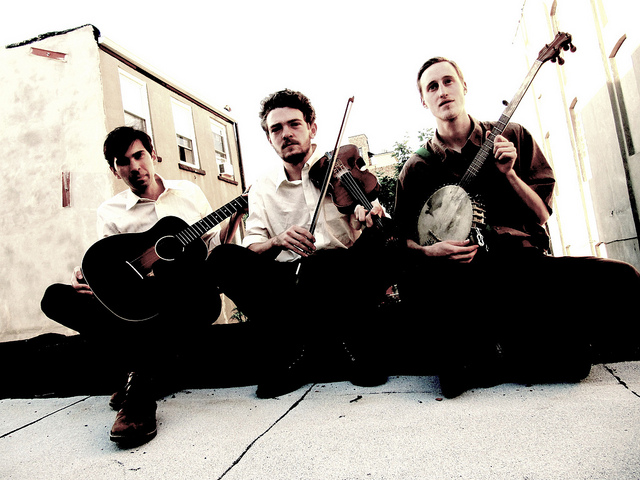
Hello everybody,
We are very pleased to announce that the Down Hill Strugglers has a song on the soundtrack to the new film by the Coen Brothers, "Inside Llewyn Davis."
Its track #8 on the soundtrack album, a great old folk song called "The Roving Gambler" that we first recorded a couple of years ago for our Folkways record. We are joined on this song by our great
friend, mentor and ofttimes bandmate John Cohen (of the New Lost City Ramblers). More information is available at the Nonesuch Records website.
If you are interested in what's going on in the New York City folk music scene today, the heart of the scene is centered at the Jalopy Theatre in Brooklyn. Come down on a Wednesday night for the "Roots n Ruckus" show. Its free, they pass the hat for the musicians. Its the best place to see the current folk music scene at work. Also check out the Brooklyn Folk Festival and Washington Square Park Folk Festival, both organized by Down Hill Strugglers band member Eli Smith.

